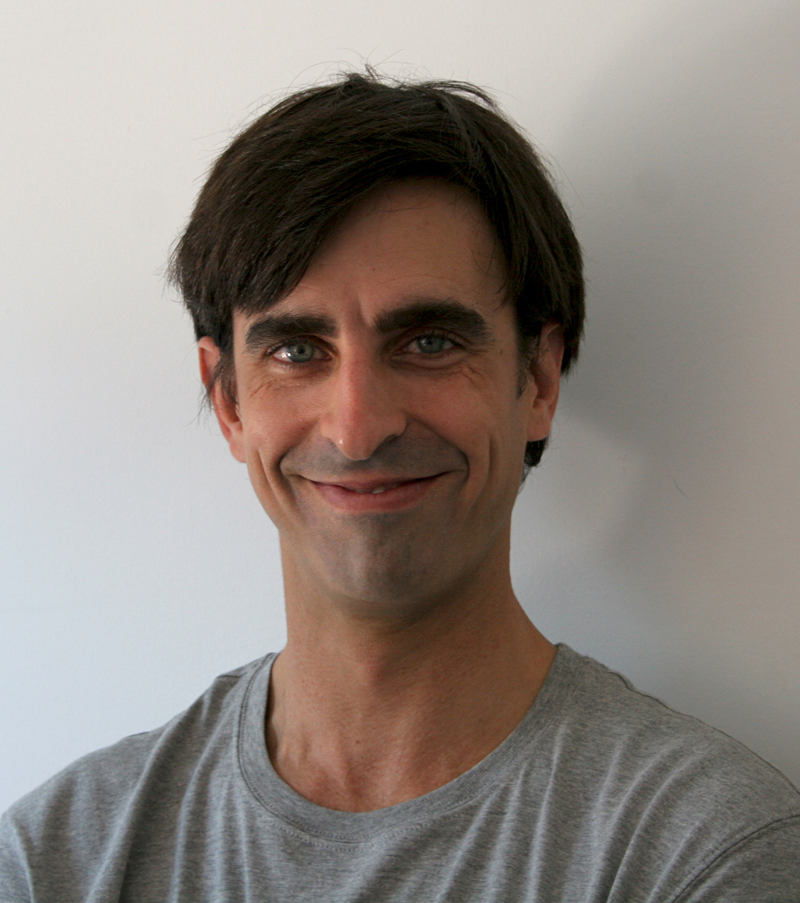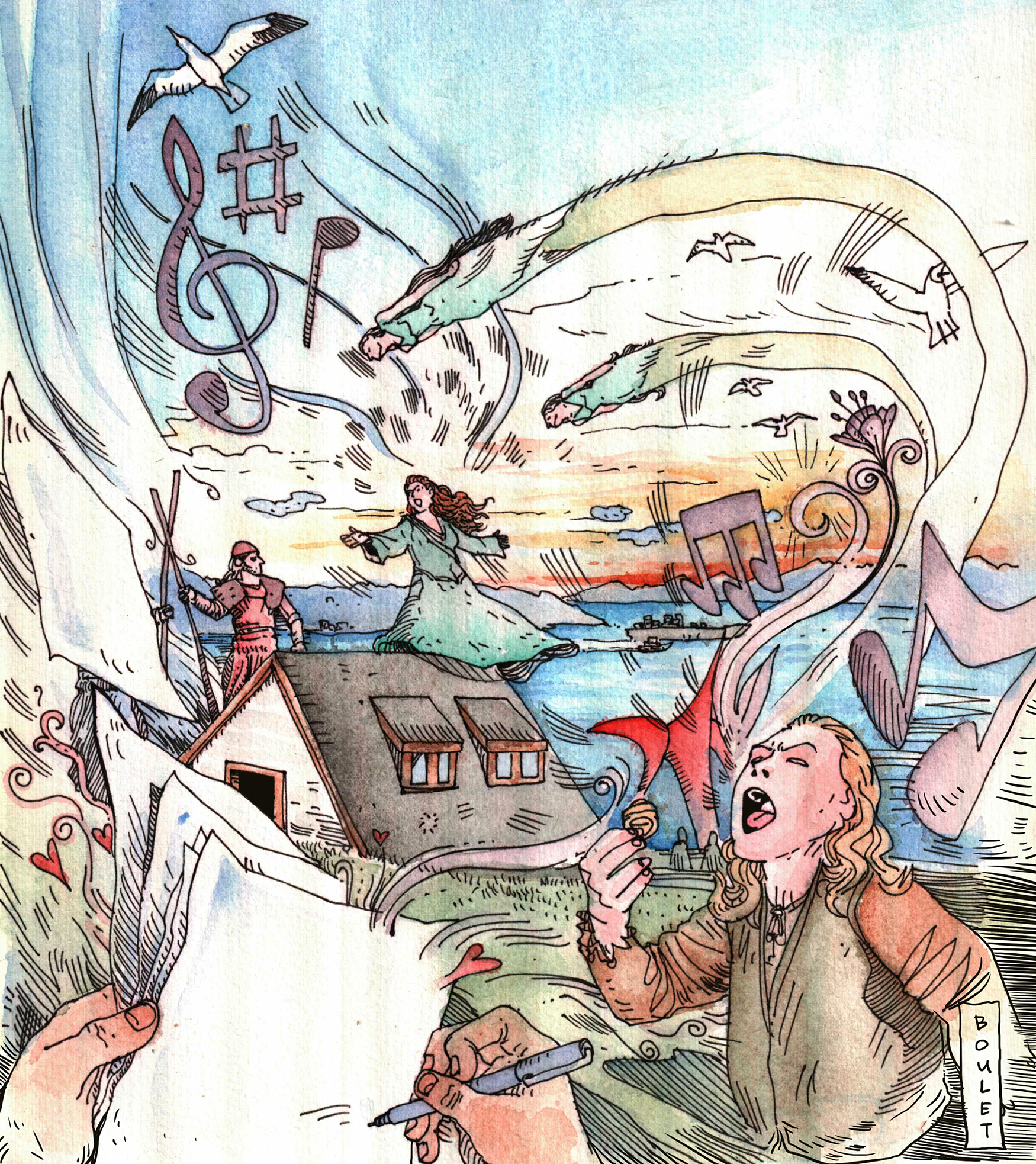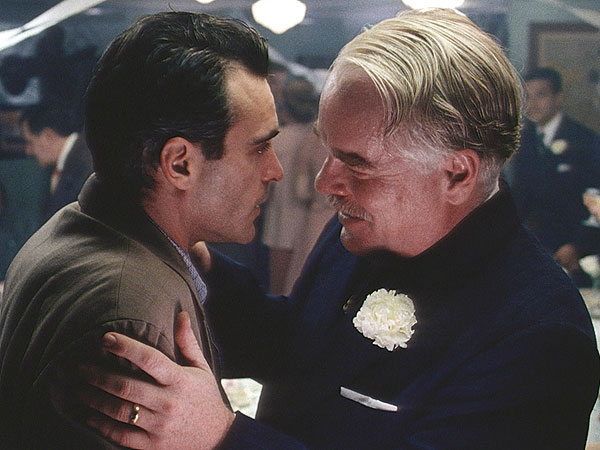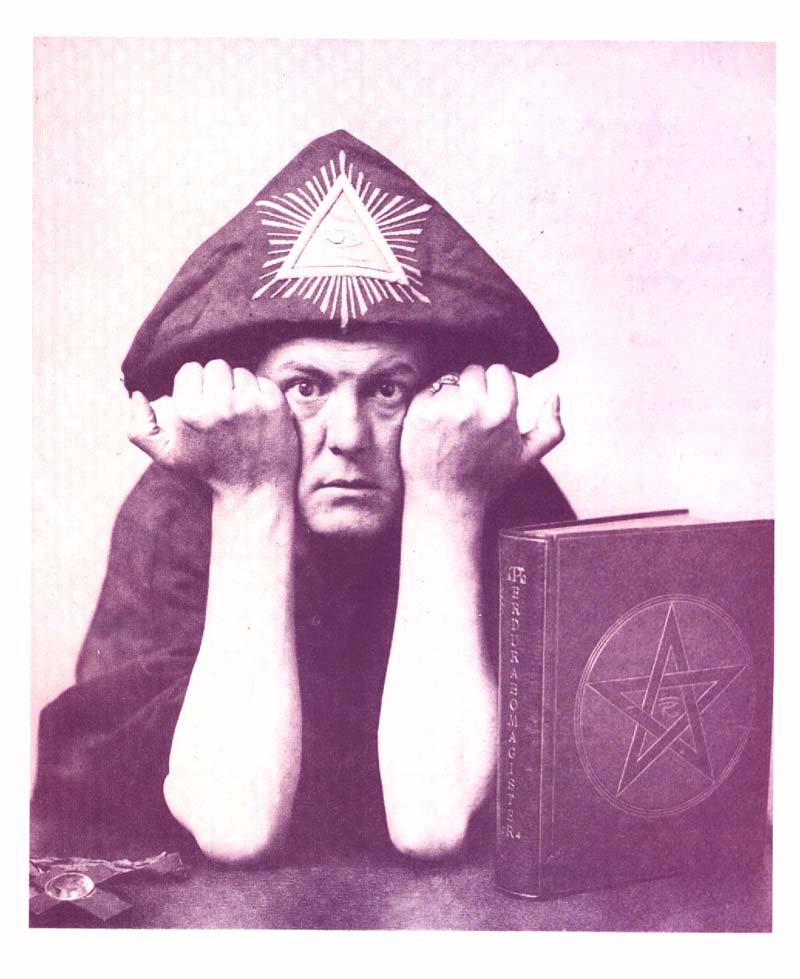WEDNESDAY 3/7
Film: Blood on the Lens
So what if she didn’t win the Oscar for editing Martin Scorsese’s Hugo? Thelma Schoonmaker already has three such awards for cutting his movies, in a partnership now extending past its third decade. Scorsese also introduced her to her late husband, English director Michael Powell (1905–1990), whose Peeping Tom she’ll introduce tonight. The 1960 horror-shocker is often considered, along with Psycho, the progenitor of the modern serial-killer flick. The movie follows a meek London photographer (Carl Boehm) as he endeavors to capture the face of fear on his victims. (Watch out for that pointy tripod!) Wildly decried upon its release, Peeping Tom is often credited with killing Powell’s career, though the truth is more complicated than that. As part of her Q&A, Schoonmaker will tonight discuss her husband, how explicit violence was elided via editing in Peeping Tom, and probably dish a little dirt about the Oscars and Hollywood in general. (She also appears at Scarecrow Video at 2 p.m. today.) Seattle Art Museum, 1300 First Ave., 654-3100, seattleartmuseum.org. $8–$10. 7:30 p.m. BRIAN MILLER
Classical: I Will Follow Him
My friend Mary Louise is a Garrick Ohlsson groupie: not just an owns-all-his-recordings fan, but a plans-vacations-around-his-concert-tours fan. Probably it’s the pianist’s fluent, bittersweet way with the music of Chopin, the most acclaimed subset of his huge repertory. Sadly, she can’t be in Seattle for his 13th Meany Hall appearance tonight, part of his season-long homage to the b-day of Franz Liszt (born Oct. 22, 1811). Ohlsson’s chosen his program to show off not only all sides of the composer, but of himself: the pastel poet (Feux-follets, Jeux d’eaux à la Villa d’Este), the orchestral dramatist (the rambunctious Mephisto Waltz no. 1), and the piano-eater (Busoni’s arrangement for piano of an immense organ work by Liszt, in which the pianist’s two hands have to do the work of the organist’s two hands and two feet). Meany Hall, UW campus, 543-4880, uwworldseries.org. $20–$42. 8 p.m. GAVIN BORCHERT
FRIDAY 3/9
Comedy: Rich in Material
Adam Carolla never set out to be a tech maven, he explains by phone from L.A. “The whole eBook thing and all that [podcast] stuff just became this weird necessity,” he says. “It somehow just came about after I got off of terrestrial radio and got onto the Internet. I never really had a history in that. I was more of a gearhead than a gadgethead, back in the day.” And yet, as also discovered by comics including Marc Maron (whose WTF interview podcasts have become huge), Carolla appreciates how the Internet offers a freedom and direct access to listeners denied by rigid TV and radio formats. (See iTunes and adamcarolla.com for The Adam Carolla Show.) The technical details he leaves to others, he says. “All I do is provide the content. I just talk into a microphone. The technological part—it doesn’t matter if it’s coming from an old AM Zenith radio or is coming from someone’s iPad.” Then there are the eBooks, like his Rich Man, Poor Man, which presents “fun facts about what rich and poor people share in common.” The illustrated satire is sold as a Kindle download, and Carolla chuckles at the irony that Amazon’s Jeff Bezos is one such rich dude. One example from the book? “It’s like having outdoor appliances: Super-rich guys have a washer-dryer next to their pool cabana, and poor guys have a washing machine on their front porch, with raccoons living in it. It’s like outdoor showers. If you’re taking outdoor showers, you’re either super-rich or super-poor. It’s not really a middle-class thing.” The Moore, 1932 Second Ave., 877-784-4849, stgpresents.org.$28–$48. 8 p.m. BRIAN MILLER
SATURDAY 3/10
Music: Four Decades of Harmony
Ladysmith Black Mambazo is probably the most popular a cappella group on the planet. Their inclusion on Paul Simon’s massively successful 1986 Graceland—recently reissued for its 25th anniversary—catapulted them out of South Africa to secure a permanent place in our popular culture. Combining Christian gospel and Zulu singing, Ladysmith took what was a rough traditional music and gave it contemporary polish, much as Dr. John and Alison Krauss did for Cajun and Appalachian music, respectively. Formed in 1974, the group has been insanely prolific, releasing 50-plus albums. (Last year’s Songs From a Zulu Farm was nominated for a Grammy.) With intricate rhythms, a seamless blend of vocal ranges, and a keen sense of pop melody, Ladysmith Black Mambazo may not offer the purest form of contemporary music from Africa, but they are nonetheless what we think of when we think of music from that continent. Meany Hall, UW campus, 543-4880, uwworldseries.org. $20–$36. 8 p.m. BRIAN J. BARR
Dance: Eight, Eight, and Eight
As a motto, HERE/NOW sounds like an admonition from Ram Dass, but as the title of this ongoing improvisation project run by Paige Barnes and Christopher Hydinger, it’s really just a description. Celebrating its third anniversary this month, the series matches eight dancers and eight musicians by audience suggestion—almost like drawing names out of a hat. The dancers are then given eight minutes to fill as they see fit. They’re here, and they’re dancing now, and then they’re done. Like all improvisation, it can be great or it can be grim, but it’s always worth the suggested price—eight bucks, naturally—to go and find out. Open Flight Studio, 4205 University Way N.E., 632-0067, openflightstudio.org. $8. 8 p.m. SANDRA KURTZ
TUESDAY 3/13
Books: May I Help You?
Not many memoirs of the Manhattan lit life include George Plimpton as a major character. Yet Ben Ryder Howe was an editor at The Paris Review, run out of the late Plimpton’s brownstone, where cocktails and confessional chats seemed to have occupied the staff far more than, you know, putting out an actual magazine. But Howe had a second job that proved far more stressful and time-consuming: With his Korean-American wife and mother-in-law, he bought a Brooklyn bodega, as recounted in the entertaining My Korean Deli: Risking It All for a Convenience Store (Picador, $15). Howe is initially wary of the project, which is largely intended to keep his “compulsive nonprocrastinator” of a mother-in-law occupied; she’s a bootstrapping, chain-smoking workaholic who earns a city fine for putting out the deli’s trash too early. Casting himself as the WASP outsider, Howe is fully immersed in Korean-American immigrant culture, including the smelly food, the lack of privacy in a Staten Island home they all share, and the guilt and obligation felt by his wife (a corporate lawyer) toward her mother. His secondary tale is that of the Paris Review‘s (and Plimpton’s) somewhat sad decline during the early ’00s; slaving away at the deli becomes a welcome distraction, bordering on self- reinvention, for the author. He’s admittedly more a Plimptonesque dabbler than a sociologist, better with a phrase than with Barbara Ehrenreich–style analysis. The new deli provides an olfactory greeting that’s “a mélange of kitty litter, leaky air fresheners, pastrami, wood rot, and freon.” In gentrifying Boerum Hill, he dismisses a rival deli as being “full of people who look like they’re on their way to a Weezer concert.” And during a potentially scary blackout, fearing looters, Howe instead finds “an intimate interaction: you and this stranger whose face you will never see, walking hand-in-hand to the canned-vegetable aisle.” Elliott Bay Book Co., 1521 10th Ave., 624-6600, elliottbaybook.com. Free. 7 p.m. BRIAN MILLER









